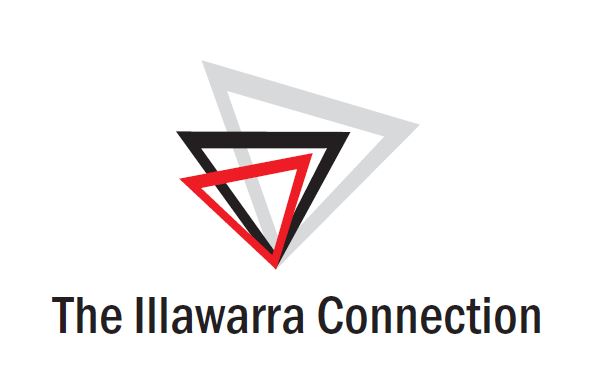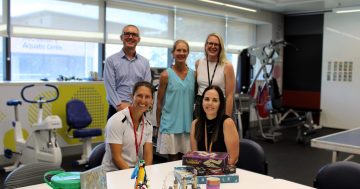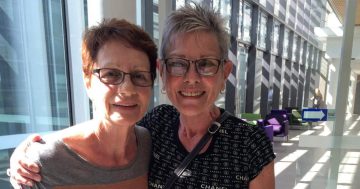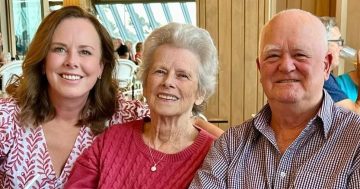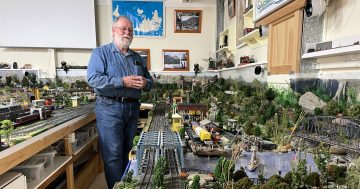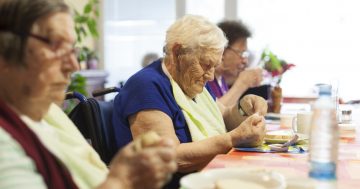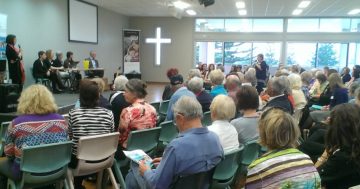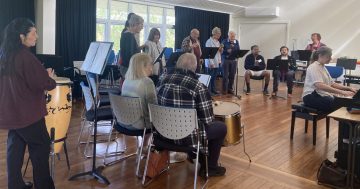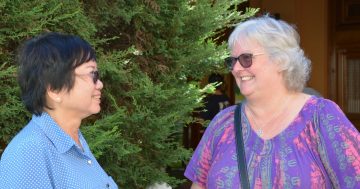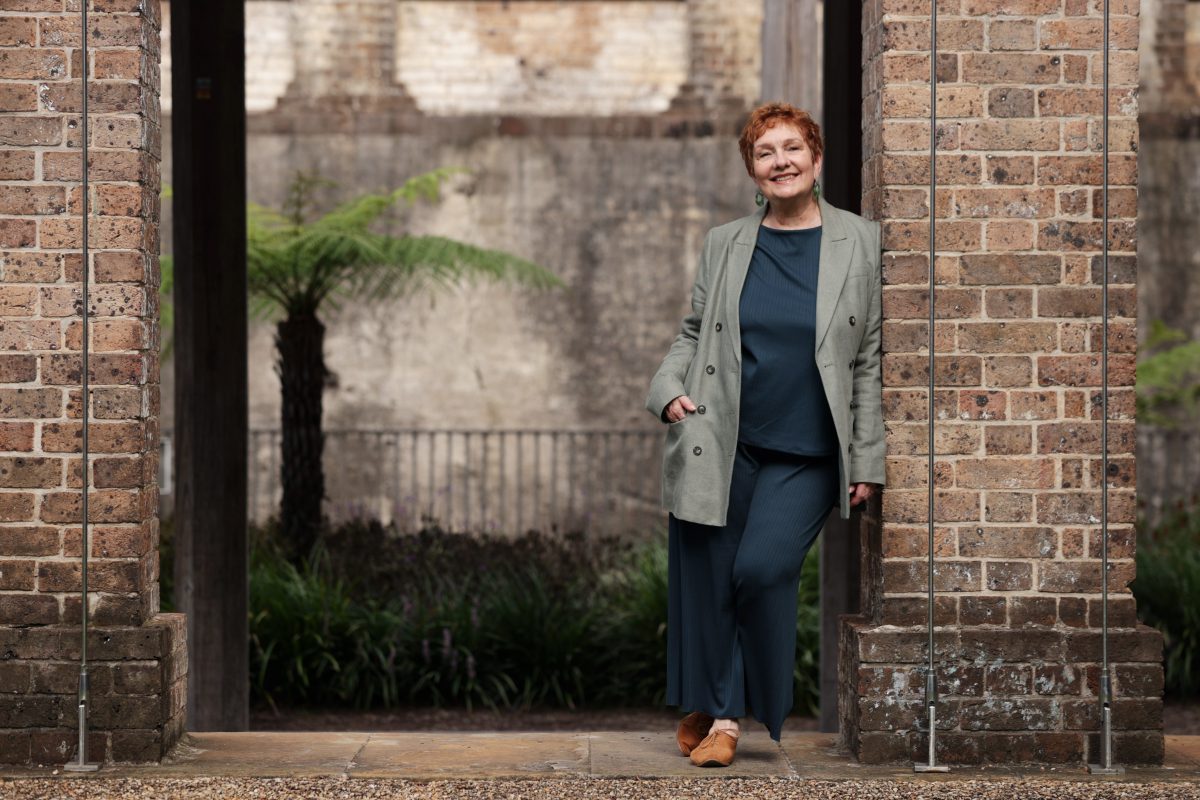
Dr Isabelle Meyer is helping more people access training about dementia care. Photo: Dementia Training Australia.
A groundbreaking new initiative to help train leaders within the dementia care sector is being spearheaded by the University of Wollongong, with vital courses on offer set to play an important role as the disease becomes more prevalent in society.
Dementia Training Australia’s (DTA) new ‘Dementia Knowledge to Action’ program is the newest of more than 100 courses offered by the training provider and aims to transform dementia care leadership and create a culture of learning within care facilities.
“This particular course focuses on something that has not really been covered in most of the curriculum on offer around Australia which is actually about leadership skills, project management and general workforce resilience to enable people to make better decisions about how they are delivering care, particularly in residential care setting,” DTA Executive Director Dr Isabelle Meyer said.
Dr Meyer said dementia training could be a very different approach to what workers were used to and required adaptability and flexibility to ensure optimal care.
“It’s a very unusual thing for a lot of health care professionals,” she said. “Most of the way we respond to disease is that we’ve worked out what works, we have clinical guidelines, we have standards of practice and we repeat those and that’s the right way to care,” Dr Meyer said.
“With dementia it’s very different because behaviour will change every day … someone’s ability to respond verbally, their actual physical symptoms will be highly variable so training people to be aware to identify what’s going on in front of them to then contextualise the care that they’re offering is really important if that care is to be of consistent high quality.”
Dr Meyer joined the organisation as executive director about a year ago after seeing firsthand the impact the disease can have on somebody’s life.
“I have a very close friend who was diagnosed with dementia within a few days of his 60th birthday and his progression has been very severe,” she said.
“He’s been living with dementia for 10 years now and it’s been a really hard and harrowing journey for his family and his friends and so I first became interested in dementia and dementia because of that personal experience.”
Through her position Dr Meyer is determined to raise the profile of DTA.
“The University of Wollongong had been operating Dementia Training Australia for about a decade; it’s one of Australia’s best kept secrets,” Dr Meyer said.
“It’s an organisation with an extraordinary offering that most people didn’t really seem to know about.”
It is fully funded by the Commonwealth Government, which allows most courses to be offered for free.
But the current round of funding is set to expire next year if it’s not renewed.
“I don’t feel like our job is done yet. I feel like there’s a lot more that we can be doing and will need to do,” Dr Meyer said.
More than 400,000 people in Australia have the disease and many of them will live with it for an extended period and require care in some way.
“Dementia’s impact on our community and on our health system is significant already and the expectation is that numbers will grow exponentially over the next 30 years,” Dr Meyer said. “We need to be ready for that.
“We need to be making sure that we have a highly trained resilient workforce that is consistent in the care that is being delivered.”
Dr Meyer said there also needed to be a shift in the attitude towards dementia so people stopped normalising it in both the health sector and everyday life.
“I think also we have a real challenge in our community about people understanding that dementia isn’t a normal thing, but it’s not about growing old, it is about growing ill.
“It’s not a part of healthy ageing, it’s a disease and we need to deal with it as such.”
The Dementia Knowledge to Action program is being piloted in Melbourne, Maroochydore and the Gold Coast with hopes of rolling it out further later in the year and meeting a target of training 100 ‘dementia guides’ by June 2025.
To find out more about the courses that DTA has on offer and what may be suitable for you, visit the DTA website.




